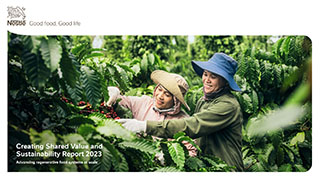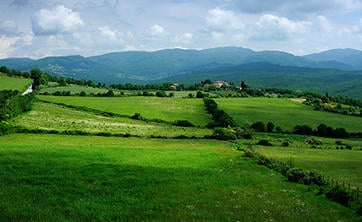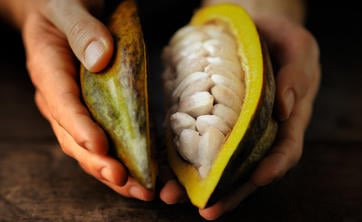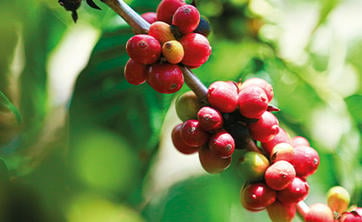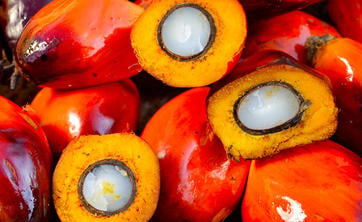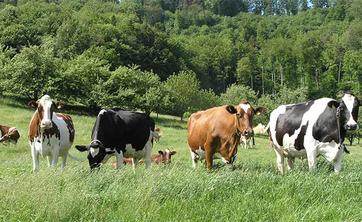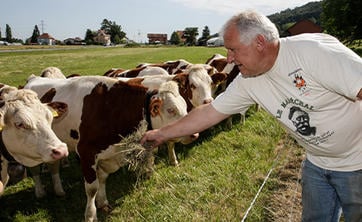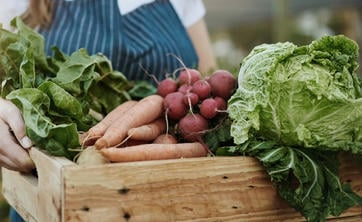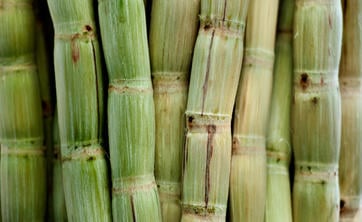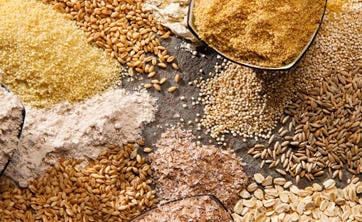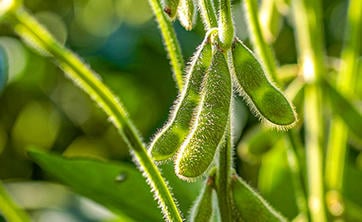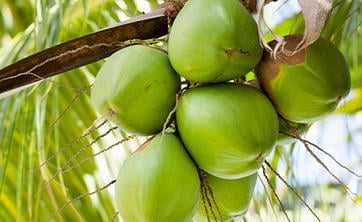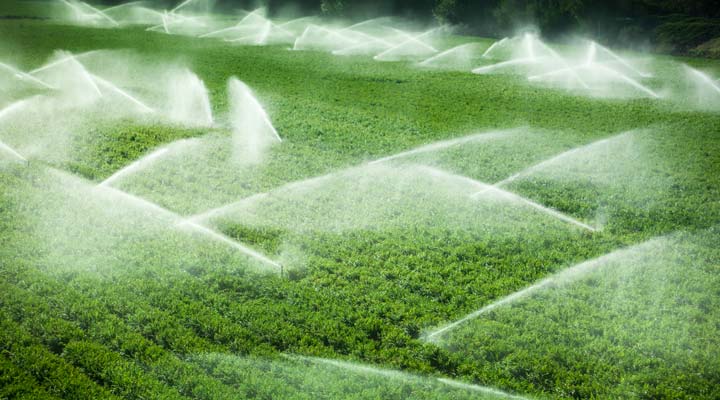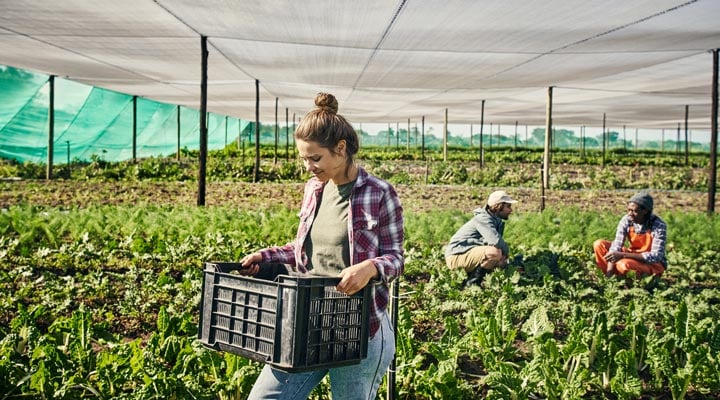Fish and seafood sourcing

We aim to ensure that the raw materials we use for pet food products are responsibly sourced.
We collaborate on innovative solutions to tackle the most pressing challenges faced by the seafood industry, such as labor conditions and poor environmental practices, as well as illegal, unreported and unregulated fishing.
In addition, there are challenges related to identifying the precise sources of fish. Pet food products, our main use of these raw materials, primarily uses fish by-products – the cuts and trim remaining after fillets have been removed for human consumption. Typical traceability mechanisms for whole fish are insufficient, and sourcing by-products makes identifying the origins even more complex.
Our approach to improving our fish and seafood supply chain
Nestlé Purina’s pet food products utilize fish by-products, a practice that uses all the protein sources of a fish while not competing with the human food supply.
We understand the importance of sourcing from fisheries and aquaculture farms with healthy fish harvests and responsible labor practices. Our aim is to verify that the fish and seafood we source come from fisheries and farms meet our Responsible Sourcing Standard requirements.
To best identify the origins of fish products, our buyers work closely with their suppliers to collect relevant data. This includes information on the species, country of origin and the fishery from where the fish originated, along with the fishing practices used. After we collect origin information, we work with our trusted partners Monterey Bay Aquarium and the Sustainable Fisheries Partnership (SFP) to assess risk at the origin of our seafood supply.

Transparency
To drive industry-wide transparency, we publish the list of our seafood fishing zones in our supply chain and countries of origin (pdf, 300Kb).
Working with industry partners to improve fishing practices
Illegal, unreported and unregulated (IUU) fishing is a key environmental challenge facing us all. Nestlé reviews its catch to avoid seafood from IUU fishing practices or critically endangered or endangered species of fish (according to the International Union for Conservation of Nature Red List or listed under CITES Appendix I).
We aim to ensure that none of our seafood purchases are caught with highly destructive fishing gear or methods, and that they do not come from ‘no-take zones’, Marine Protected Areas, or from vessels practicing trans-shipment at sea (transferring goods from one vessel to another while in transit). We then work with our suppliers on sourcing from origins, employing responsible fishing practices in line with our standards.
To support transformation at an industry level, we are invested in multiple projects and industry collaborations aimed at improving the responsible sourcing of seafood, including:
- Nestlé sponsors the Monterey Bay Aquarium in California in a research project called the Chilean Salmon Antibiotic Reduction Program. The objective is to reduce antibiotic use in Chilean salmon farms by half by 2025, thereby reducing the wider effects of their use on the environment and food chain.
- Nestlé is a member of the Global Roundtable on Marine Ingredients, a pre-market entity whose objective is to increase the availability of marine ingredients over the long term. The Roundtable was launched in October 2021 and is actively supporting capacity-building efforts in West Africa and Southeast Asia.
- Nestlé is proud to be working with the Sustainable Fisheries Partnership on the development of a new program, The Bycatch Solutions Hub. It will be an online, interactive platform that aims to highlight voluntary, industry-led adoption of best practices to protect ocean wildlife.

Tackling labor rights abuses through collaboration
As part of our Human Rights Framework, we have developed action plans for the most salient issues in our supply chains. Labor rights violations have been identified as key challenges within the fish and seafood supply chain, representing a particular risk for Nestlé in Thailand.
In 2023, Nestle’s partner Verité completed a lengthy and comprehensive human rights risk assessment of all countries where our seafood is processed, all countries from which farmed fish is sourced, and all vessel flags from wild fish is sourced. We are using this information to identify high-risk sources of supply and developing a human rights plan to further assess on the ground at the source and take actions to address potential risks to worker rights abuses and human rights violations.
This work is in addition to our current efforts in Thailand which alongside our partners, the Royal Thai Government, industry association the Seafood Taskforce and our suppliers. Together, we have been taking action to address these challenges in our supply chain. We also work with the non-governmental organization, Issara Institute, which provides workers with grievance mechanisms.
Among the actions we have taken are:
- Developing a business case for safe living and working conditions on vessels.
- Deployment of Issara Institute’s worker voice and remediation tools throughout our supply chains.
- Requiring responsible recruitment of workers into Thai seafood-processing facilities in our supply chain and supporting several initiatives to extend this practice further upstream.



